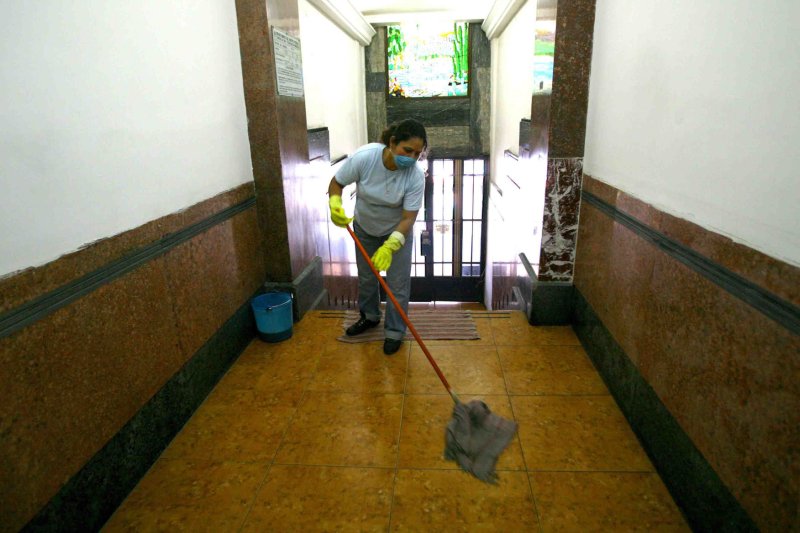NEW YORK, April 27 (UPI) -- Rigorous infection control in hospitals may be key to limiting deaths from swine flu in the United States, a non-profit group official says.
"If hospitals have effective infection controls in place, the disease can be prevented from spreading to visitors, healthcare workers and their families," Betsy McCaughey, chairwoman of the Committee to Reduce Infection Deaths -- a national organization that educates the public and medical community about preventing infection -- says in a statement.















